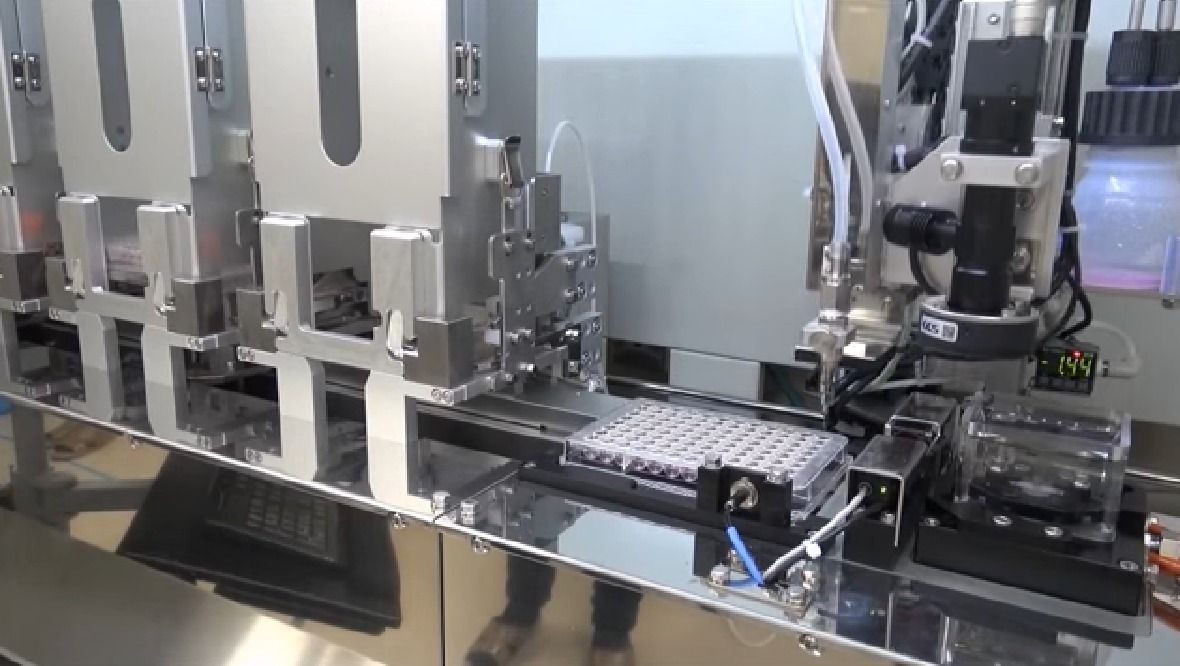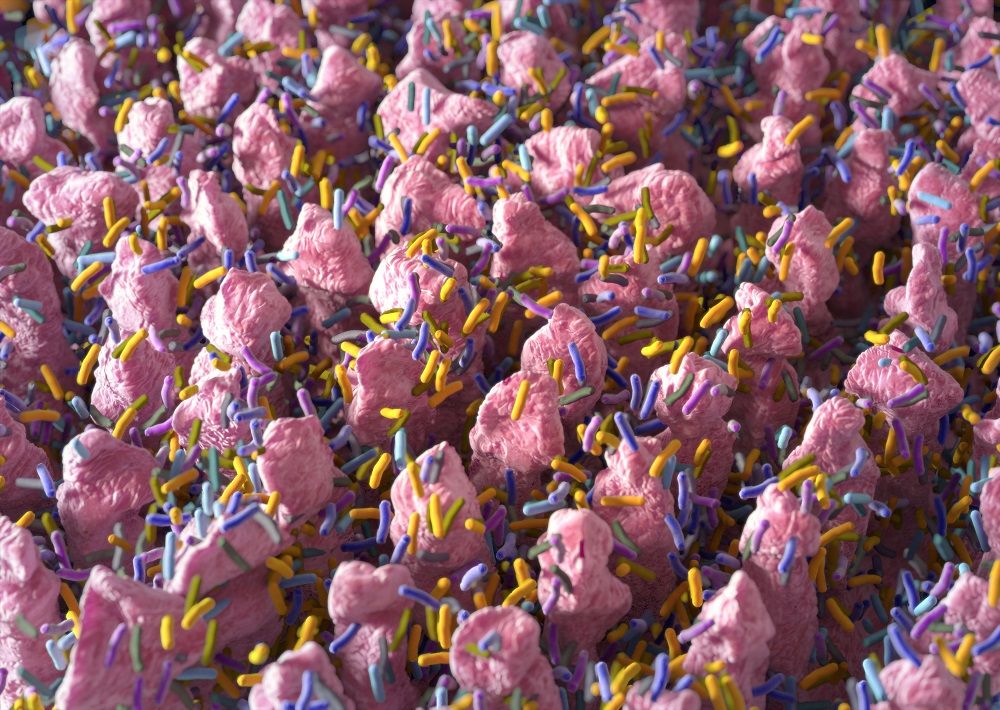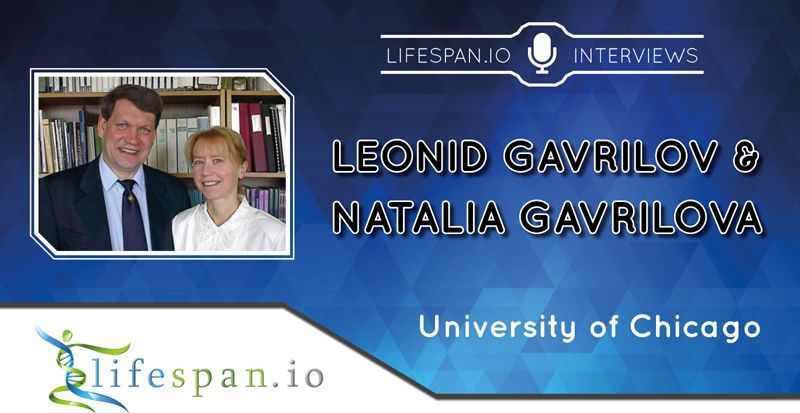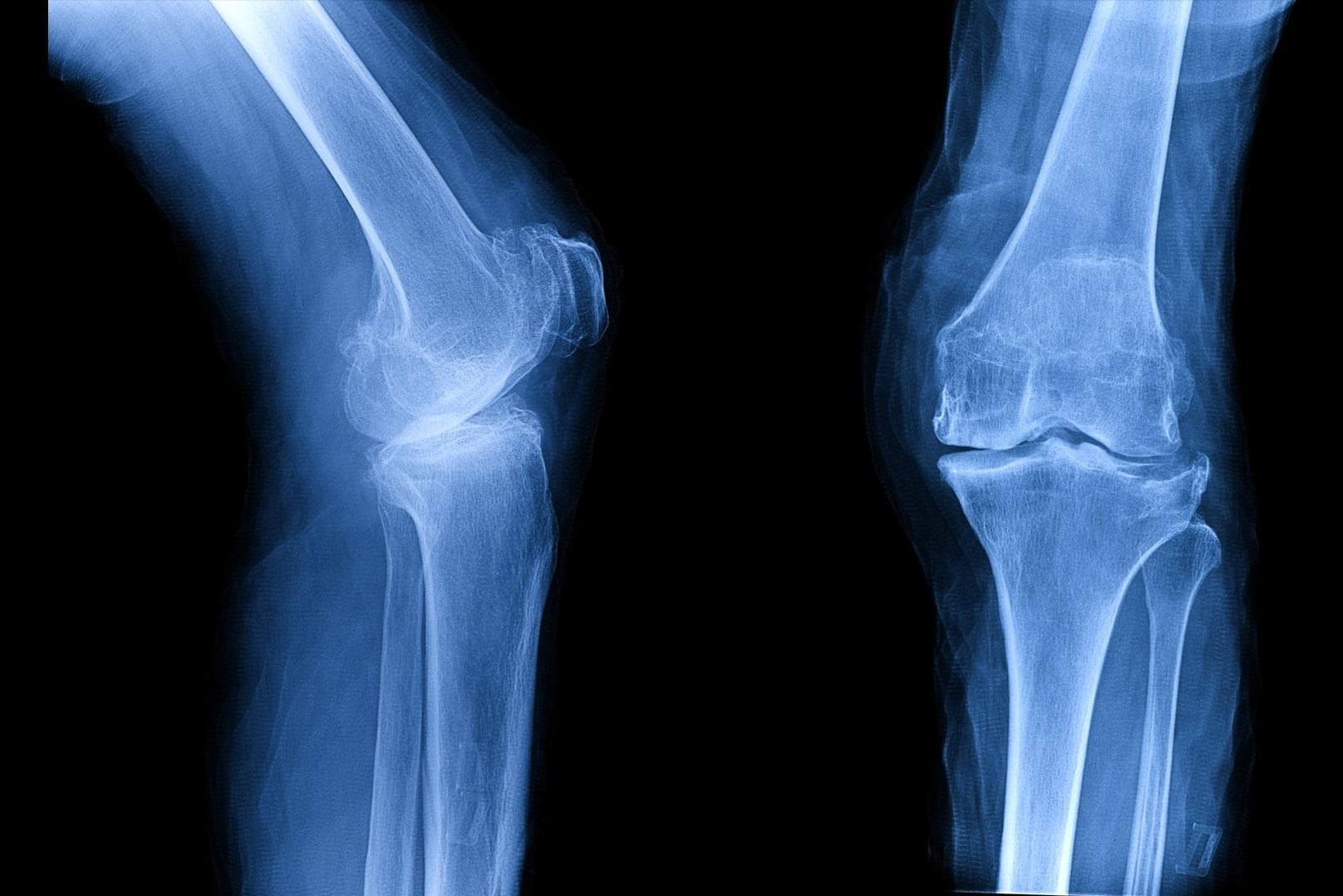
This is a fun new story to read, and highlights some interesting philosophical differences, especially as McAfee and I look at 2020 campaign possibilities: https://logosclubblog.com/2018/11/06/istvan-contra-mcafee/ #transhumanism
During 2016 presidential race, the majority of the US public were spellbound by the unlikely rise of Donald Trump and Bernie Sanders and their various competing visions for the United States of America. Considerably less institutionally-heeled but far more imaginative and, some argued, outlandish, candidates, dead-ringer for the Dos Equis Man John David McAfee of The Cyber Party and Zoltan Istvan Gyurko of The Transhumanist Party. McAfee, a successful tech entrepreneur who worked with NASA between 1968 and 1970, was the more well-known of the two politicians, principally through the popularity (or infamy, depending on who one asked) of McAfee Antivirus Software. McAfee (the person, not the software) has also received a good deal of airtime and media attention for a scandal which saw him accused of murder and fleeing from the corrupt, Sinaloa-controlled Belize after the errant businessman found out about a government-sponsored plot to kill him.
Zoltan Istvan, a former NatGeo journalist and the founder of the US Transhumanist Party, though less well known than McAfee, garnered significant attention due to both his extraordinary statements concerning technological advancement and a 2015 four month campaign, wherein he drove around the country in a brown, coffin-shaped bus (dubbed ‘The Immortality Bus’) to bring awareness to his goal of working to end death itself through radical life-extension procedures. The Immortality Bus tour ended December 14, 2015, with Mr. Istvan delivering the Transhumanist Bill of Rights to the US Capitol Building in Washington, DC. The Verge dubbed him, a “modern-day Ken Kesey” referencing the beat generation countercultural figure, well known for his novel, One Flew Over The Cuckoo’s Nest. The comparison was not entirely inaccurate as Istvan was also a novelist, having penned the highly contentious sci-fi novel, The Transhumanist Wager, in 2013.
Read more
















